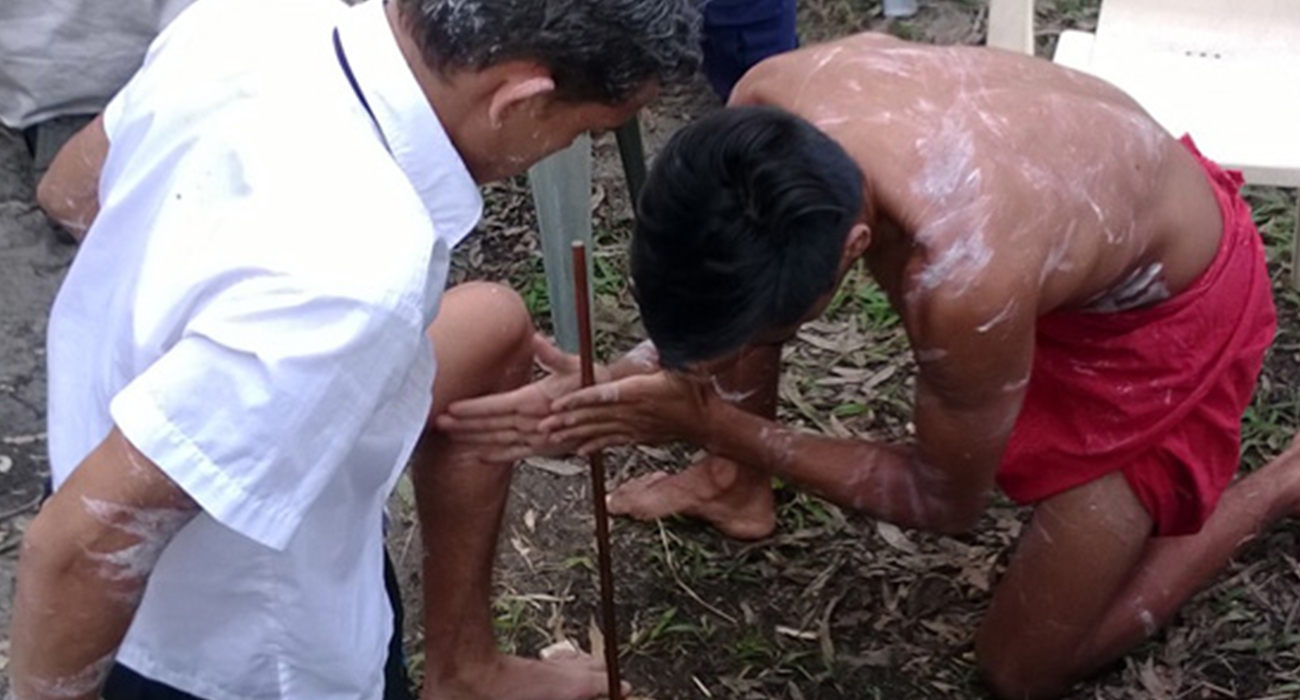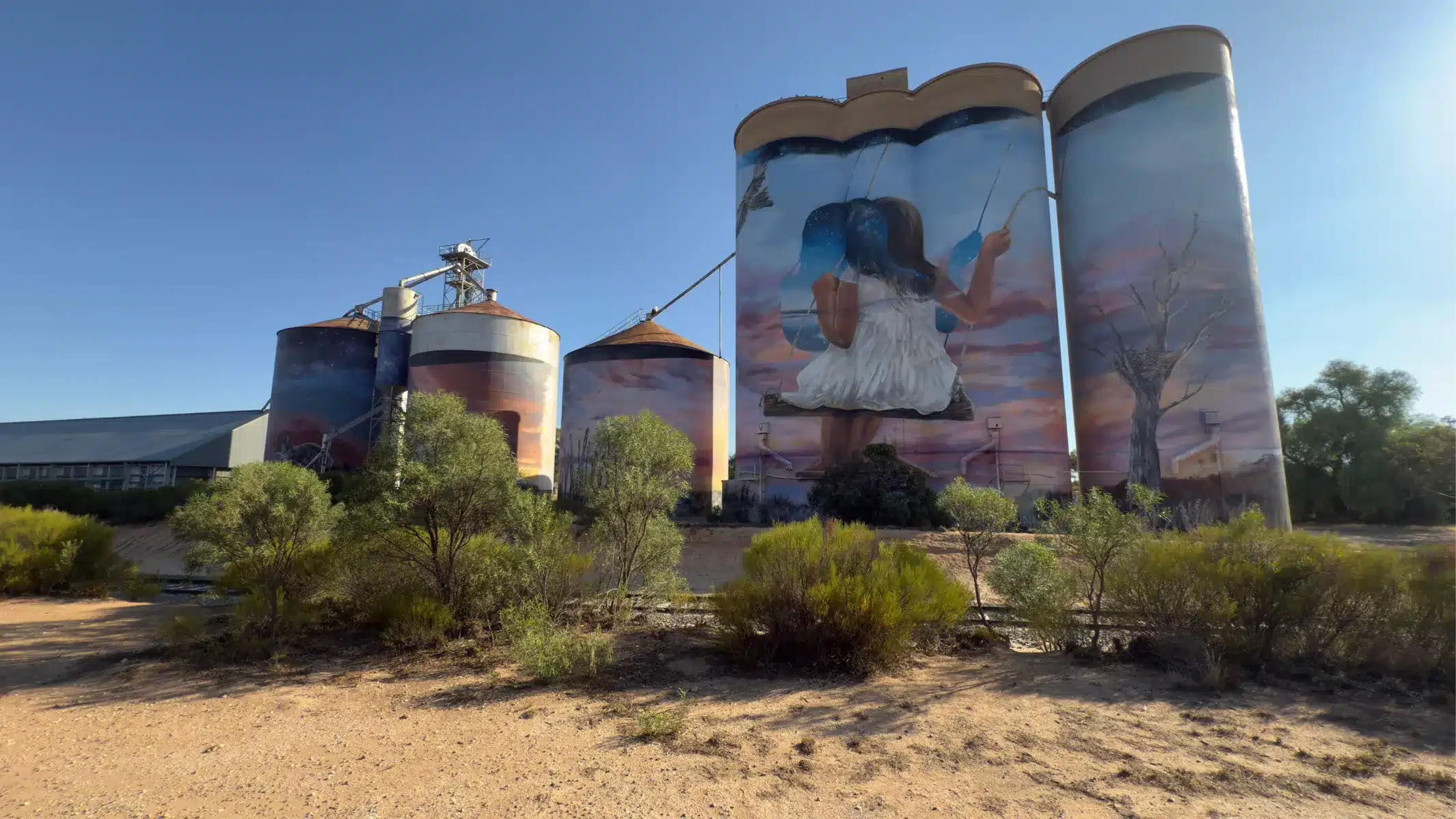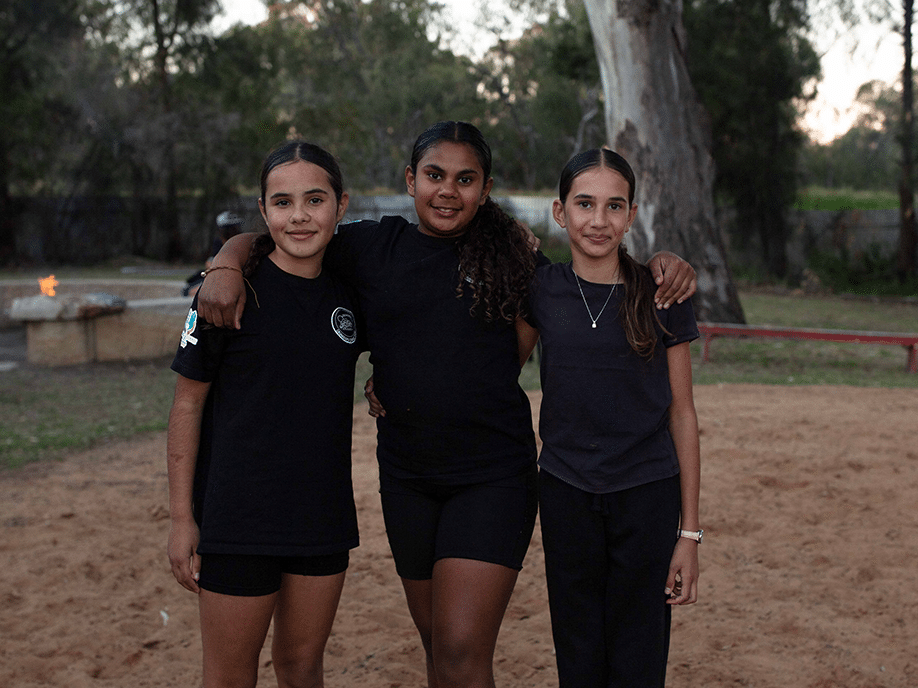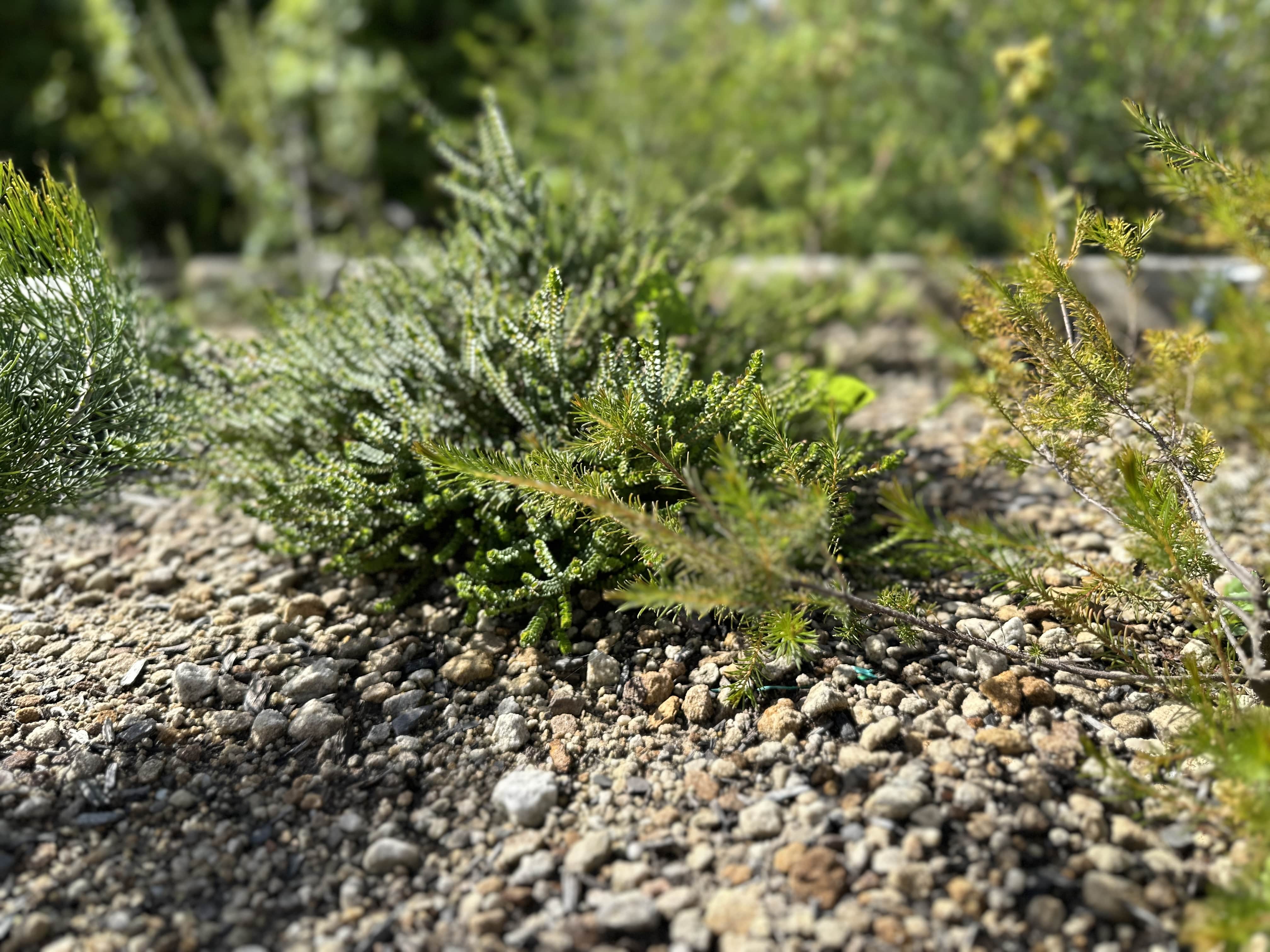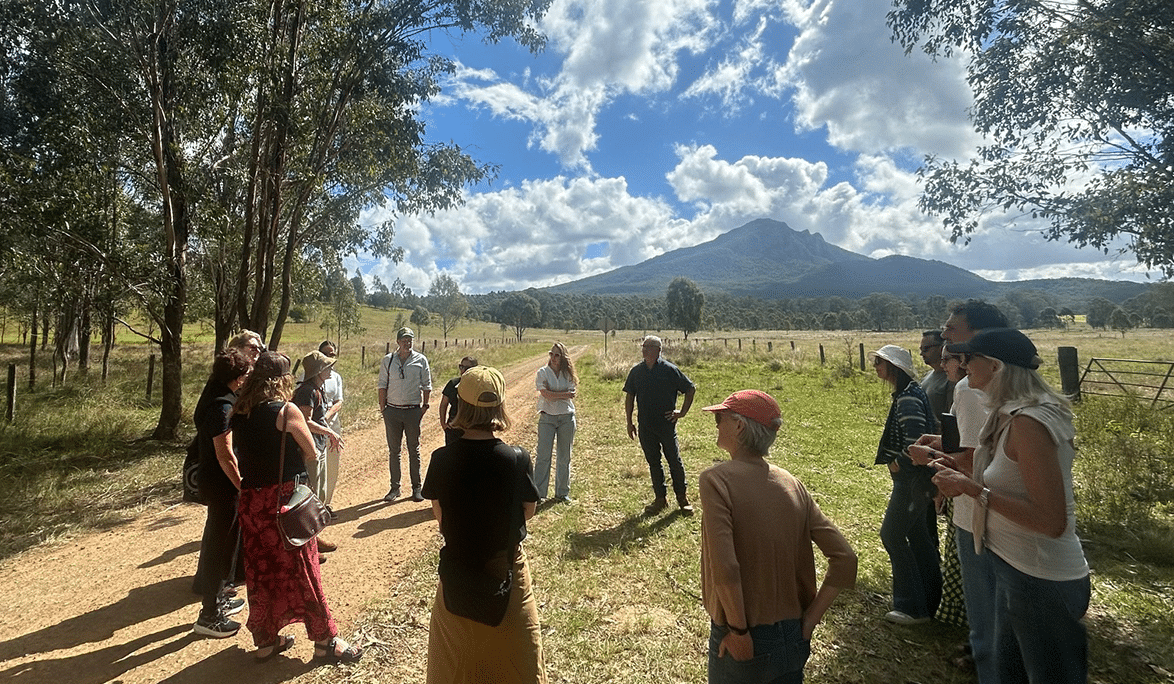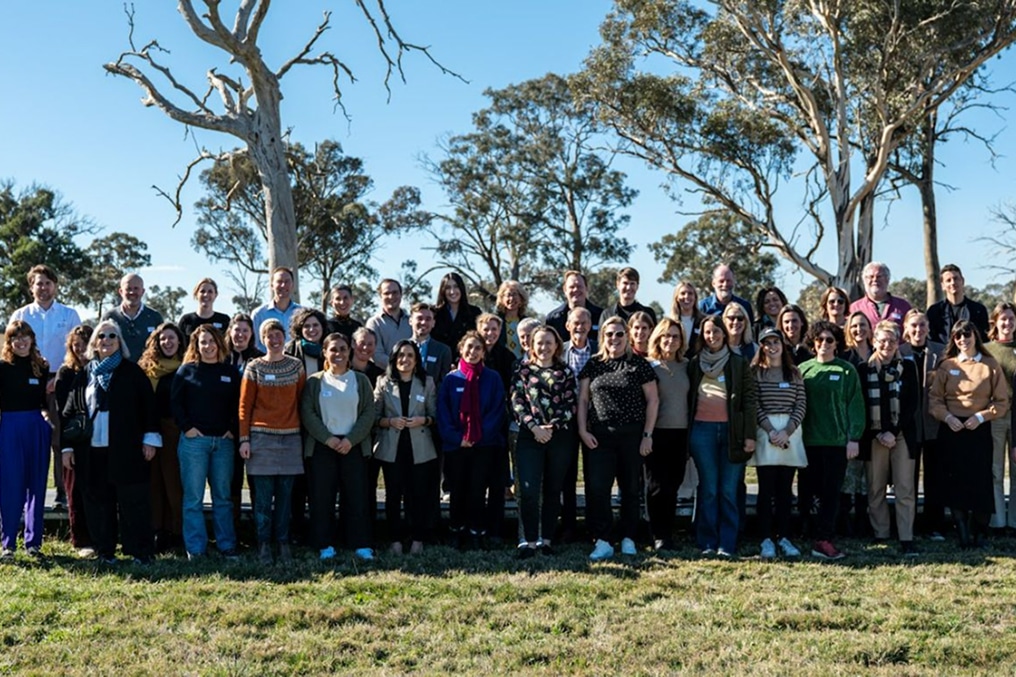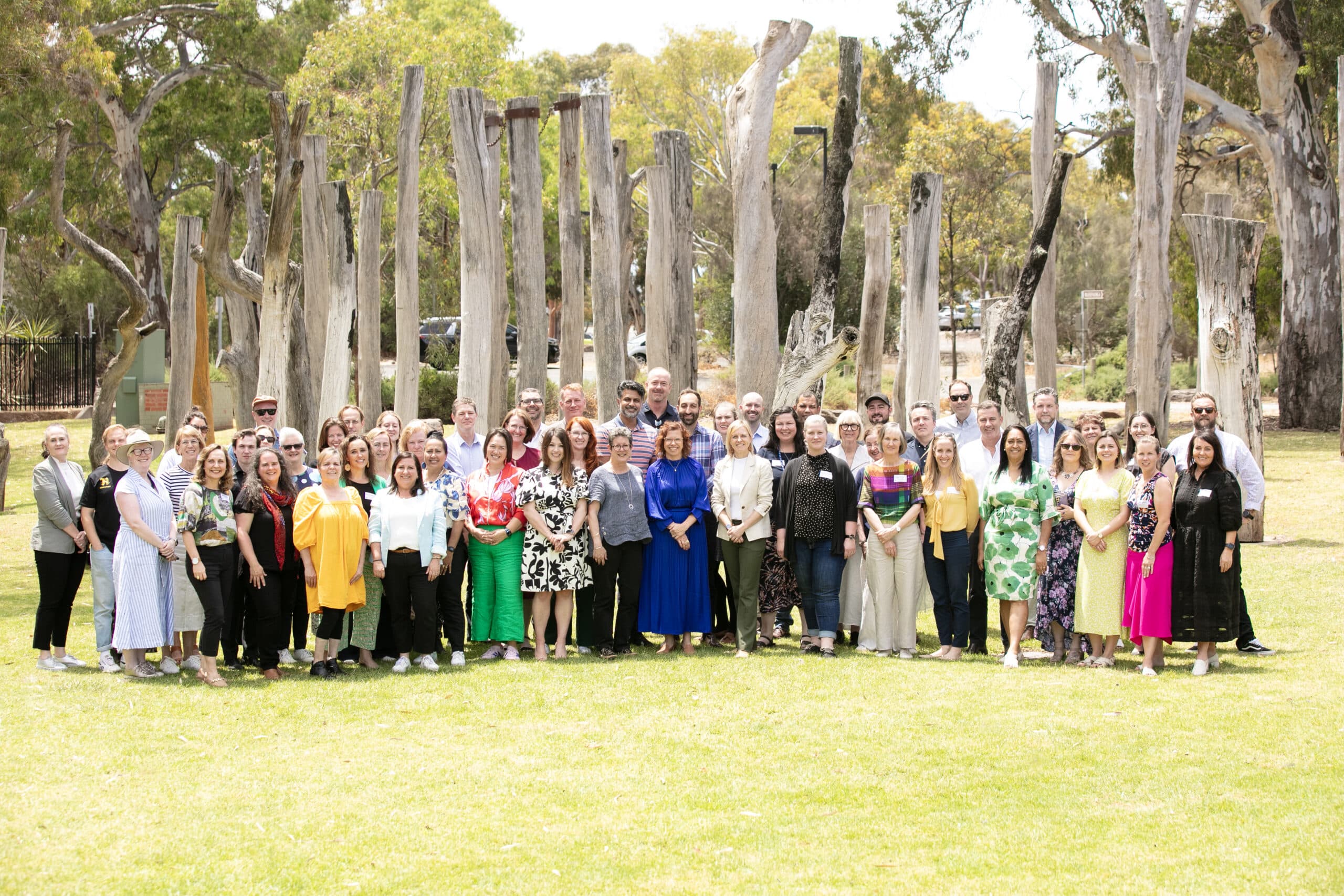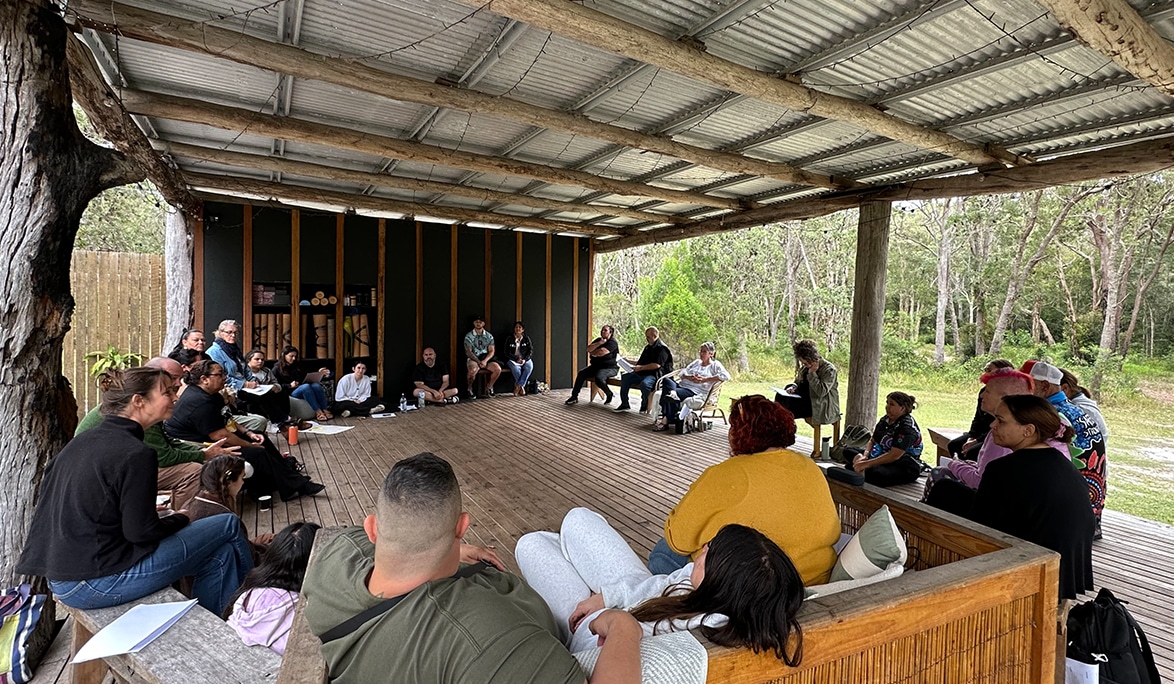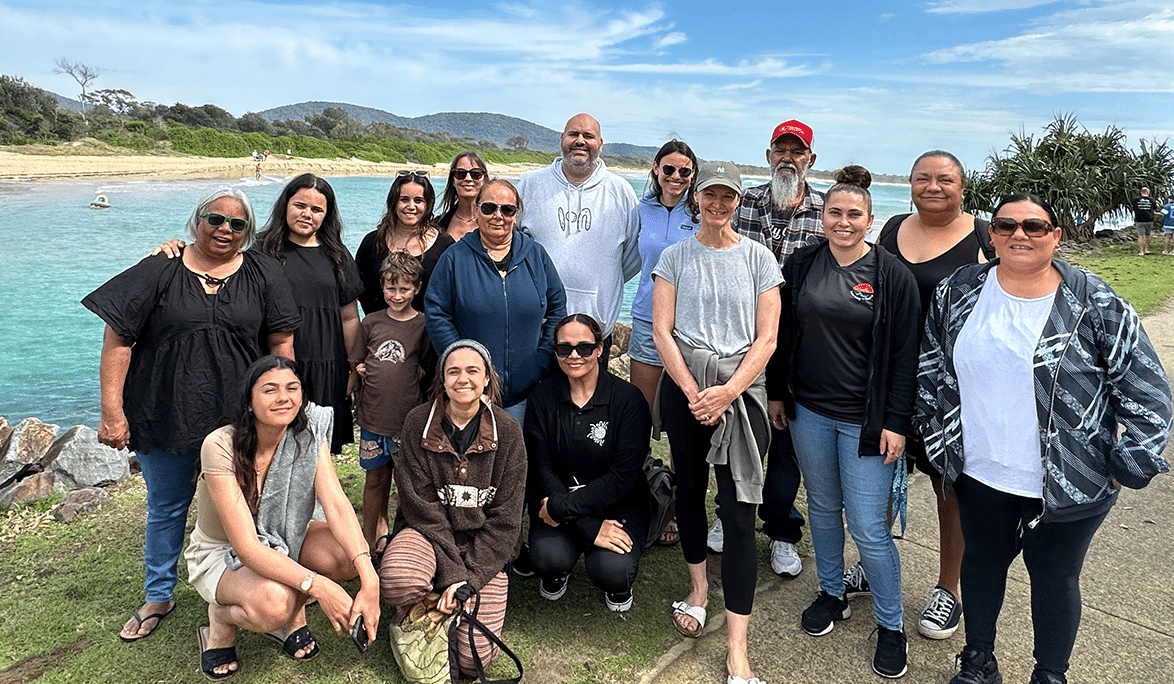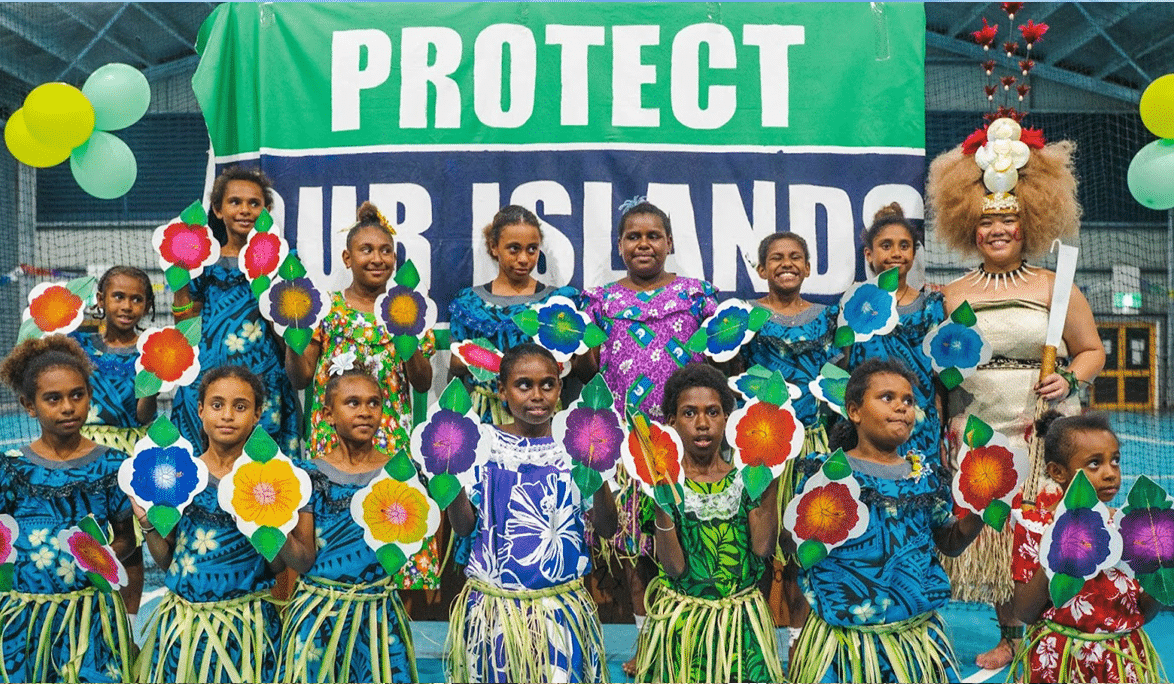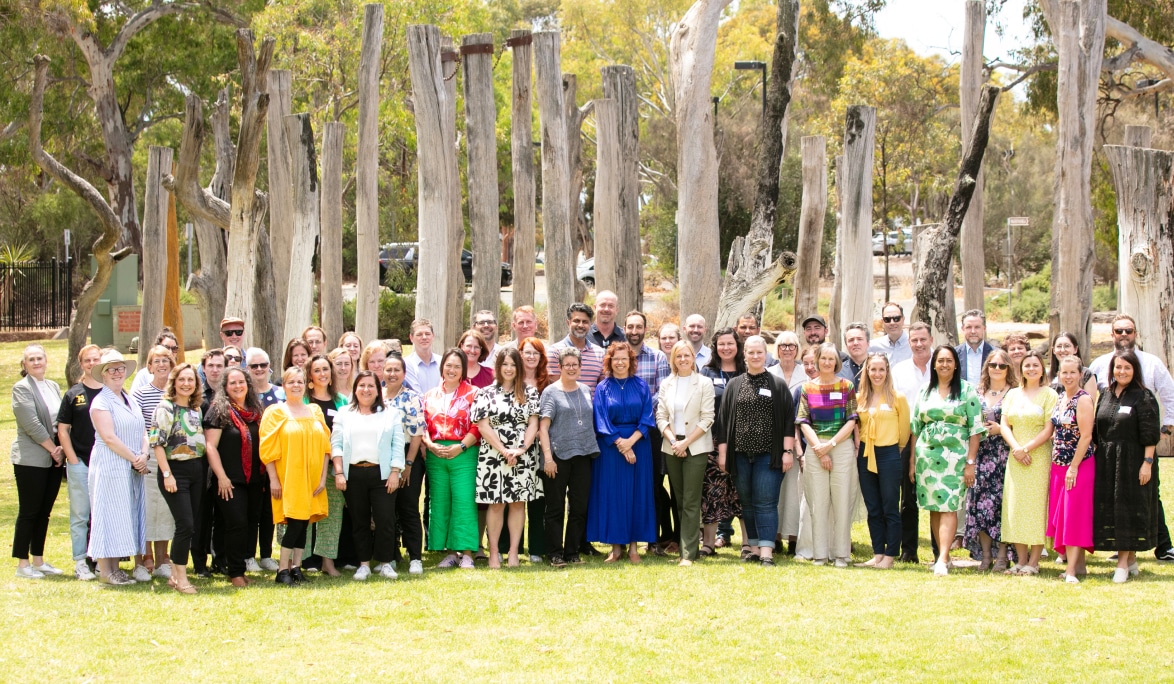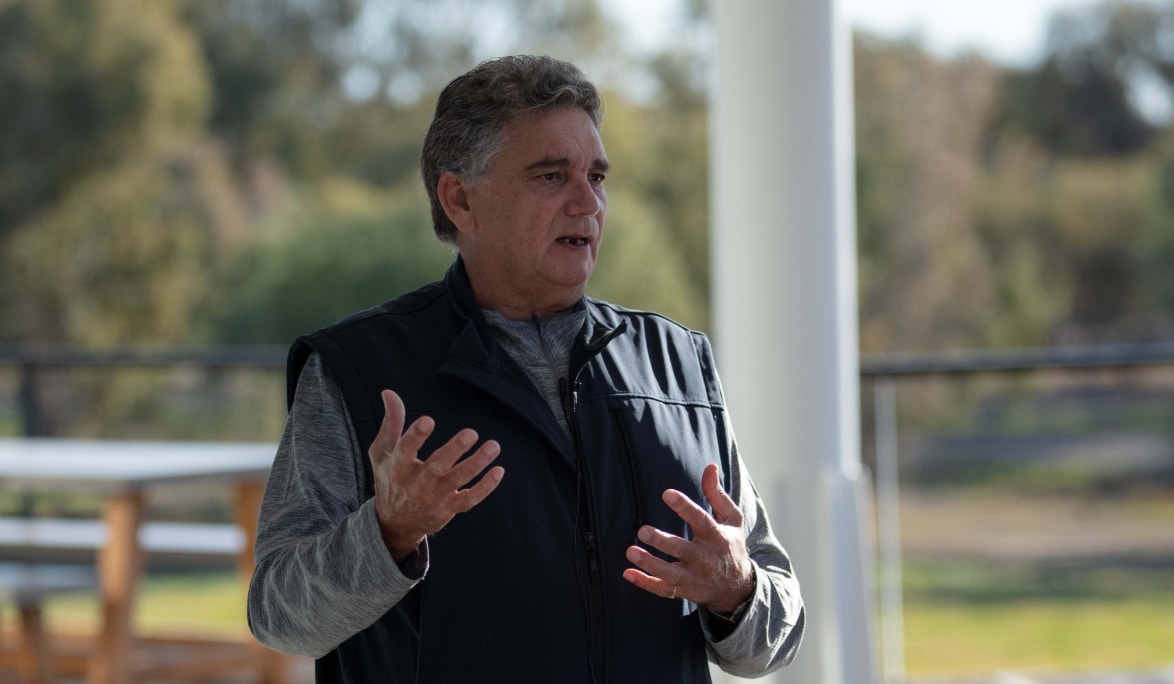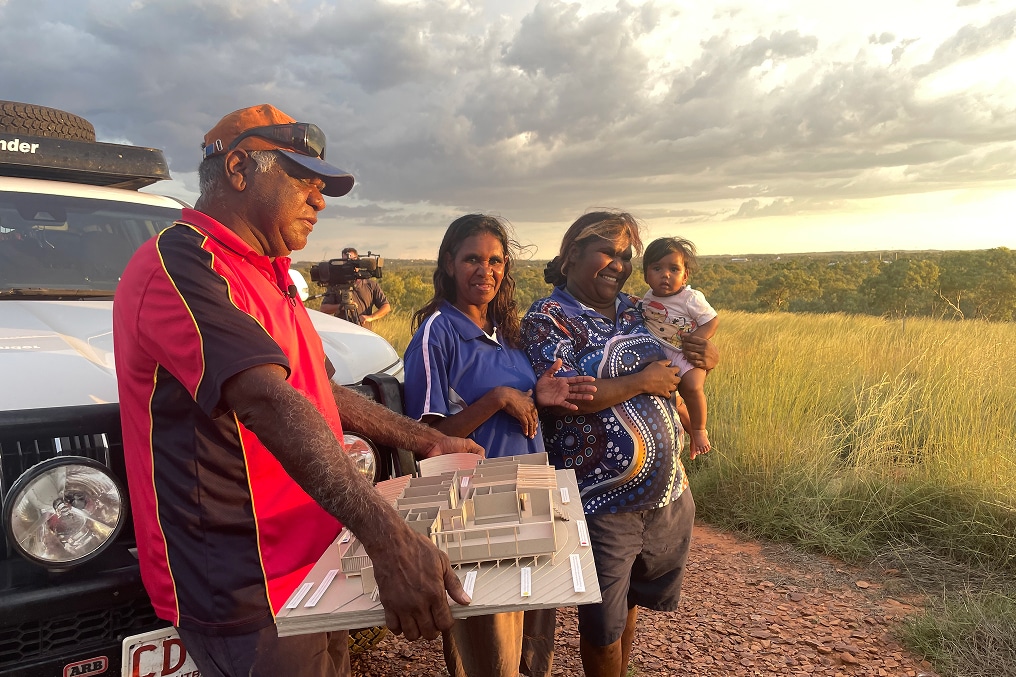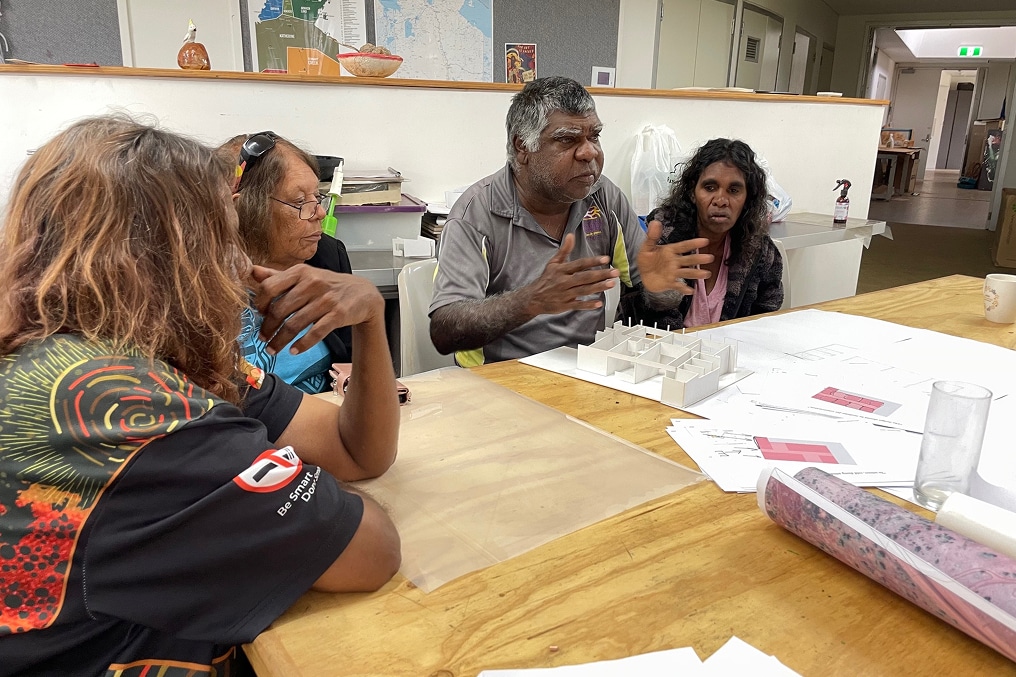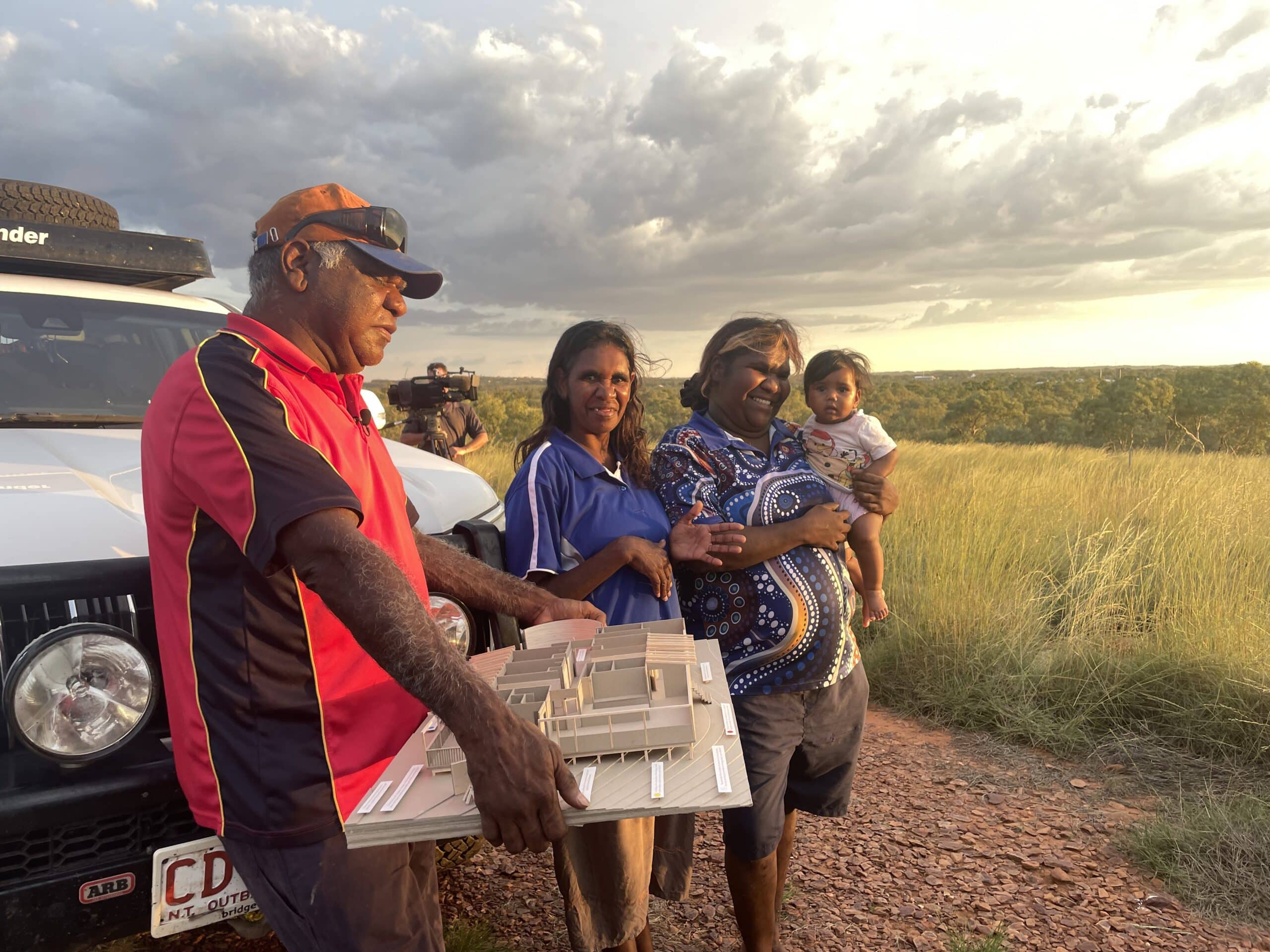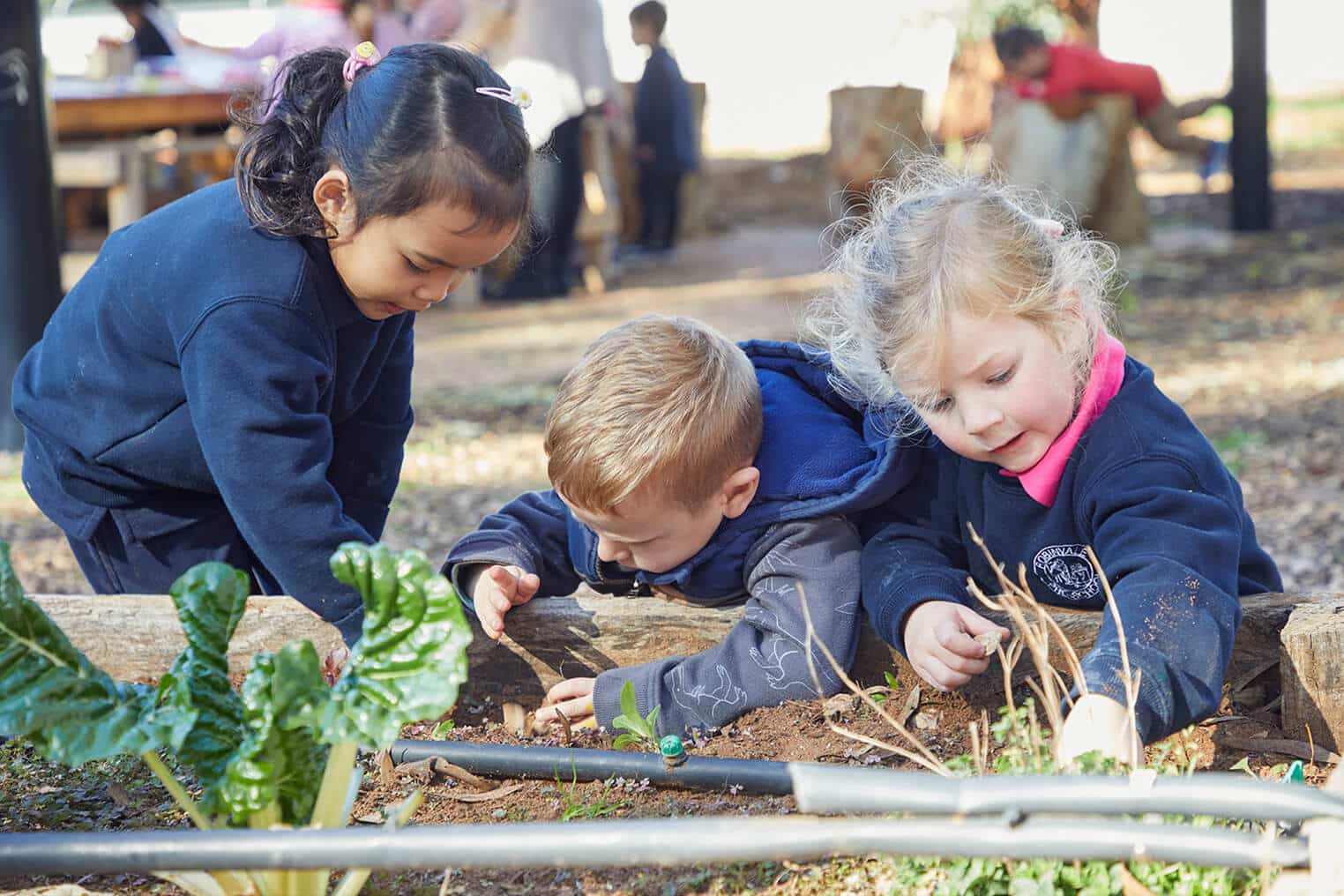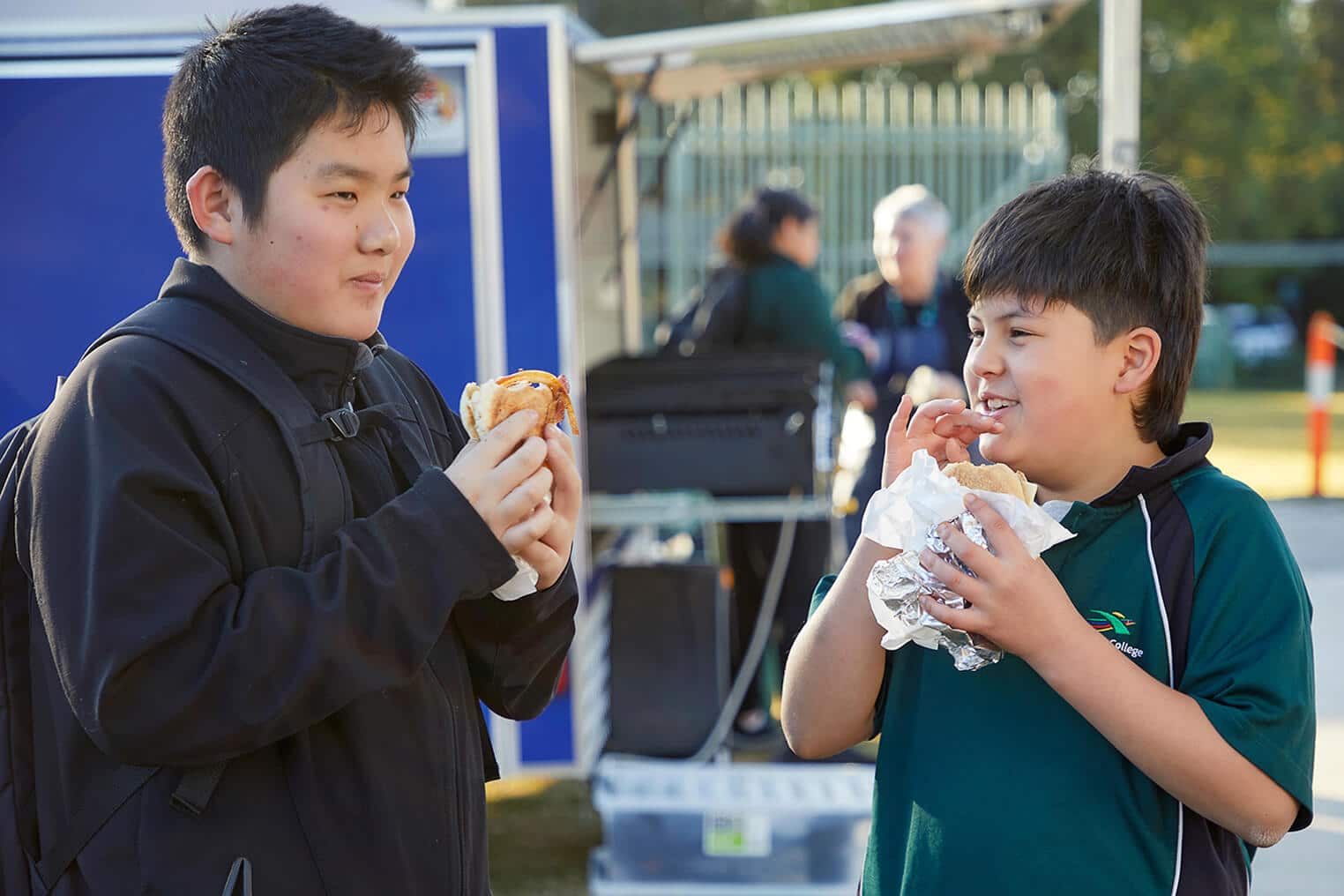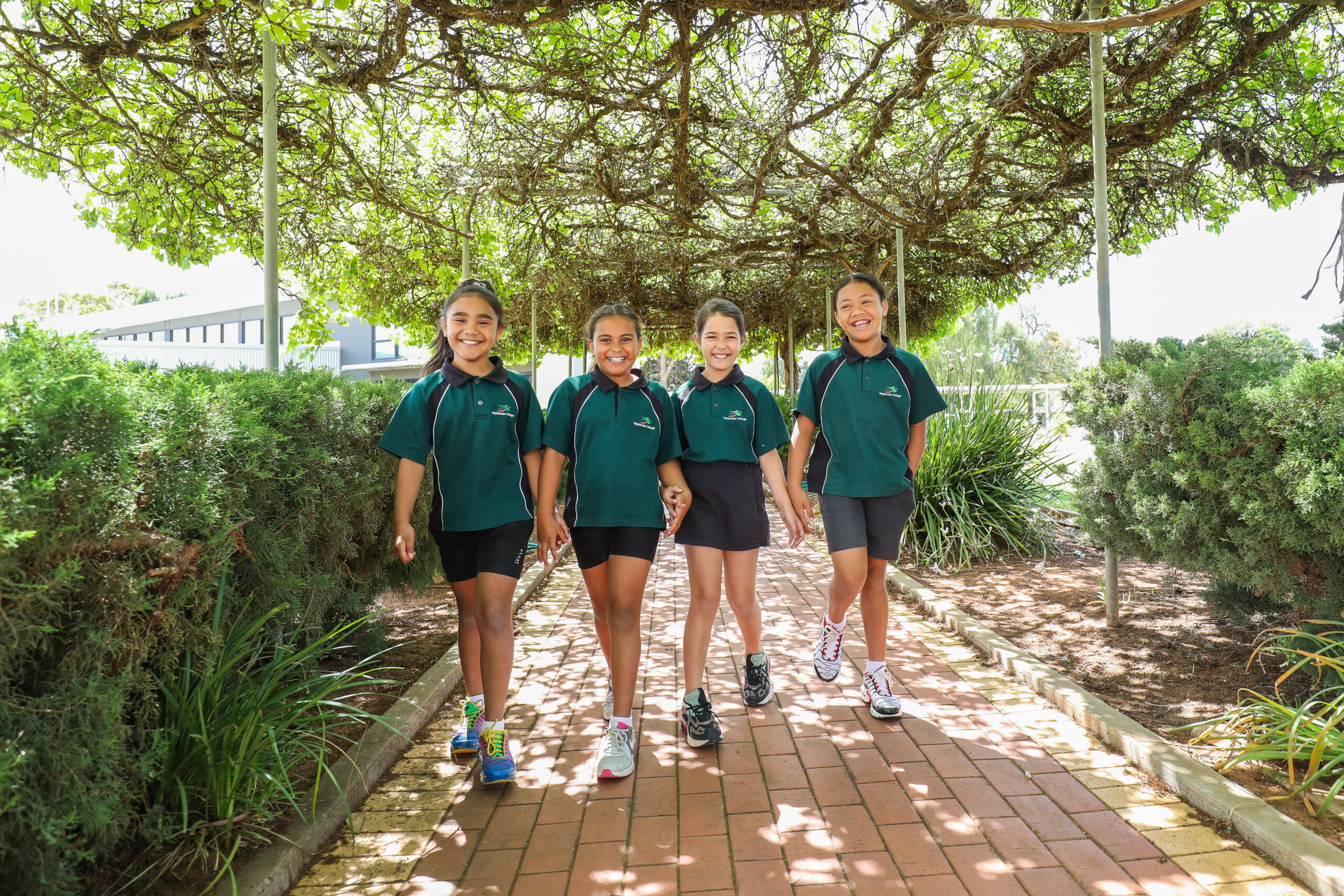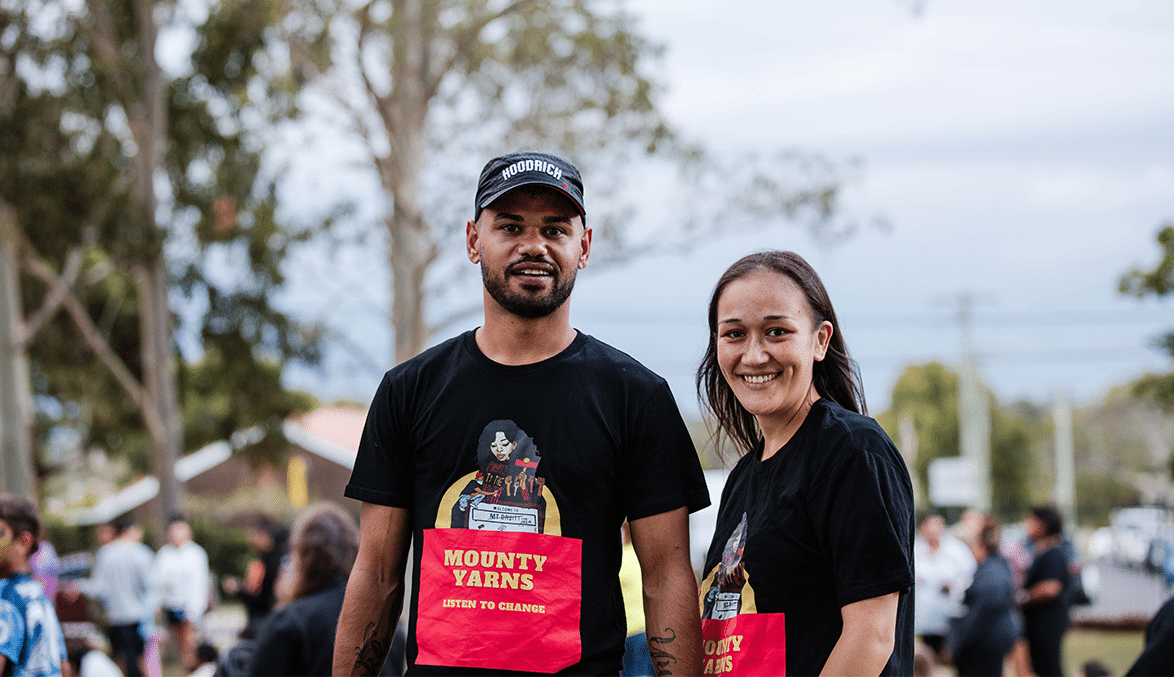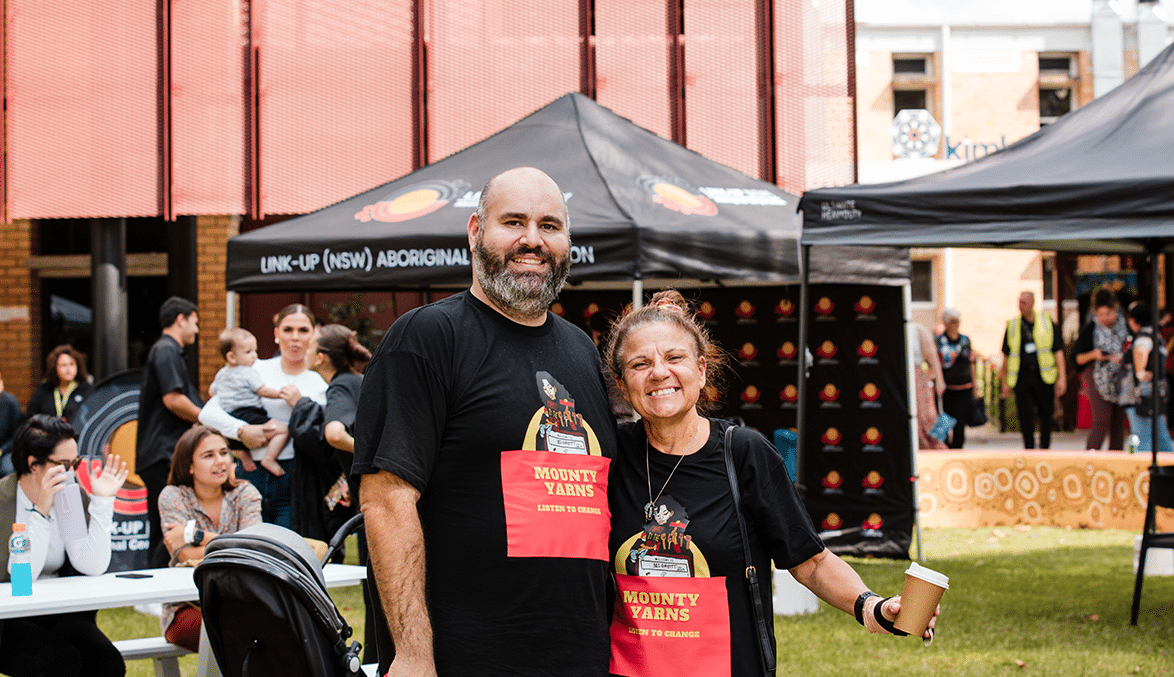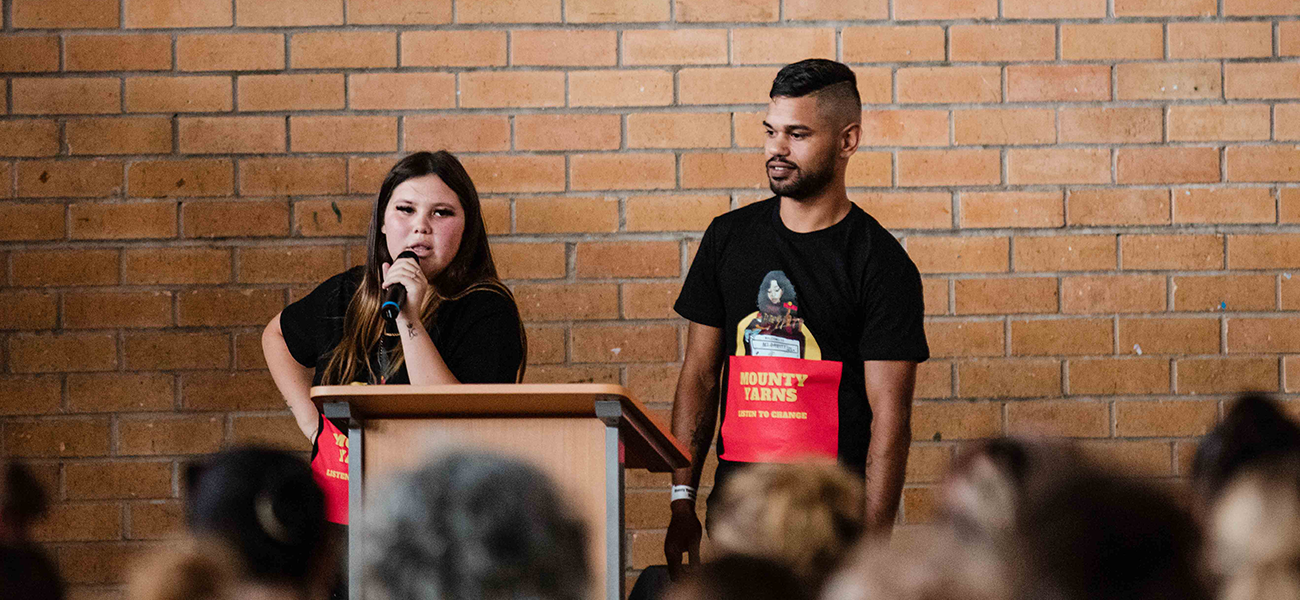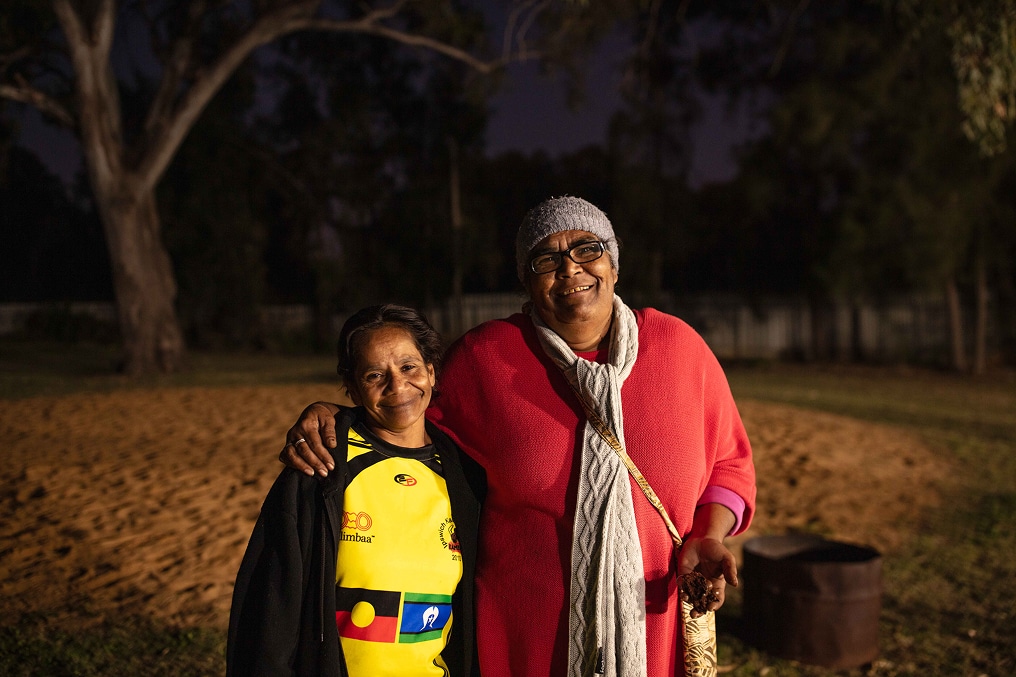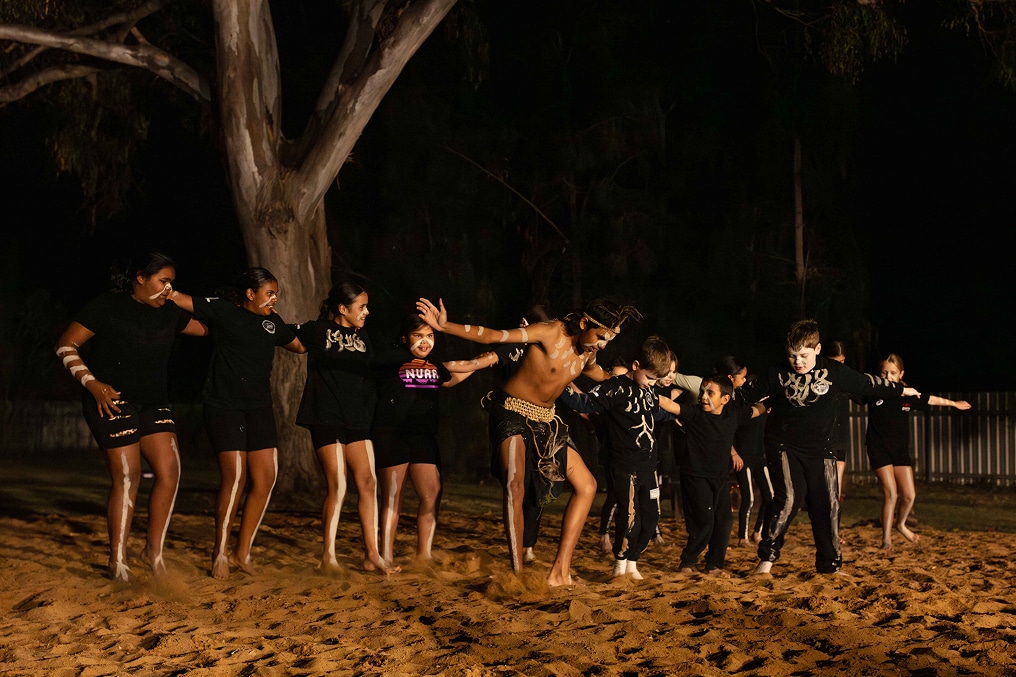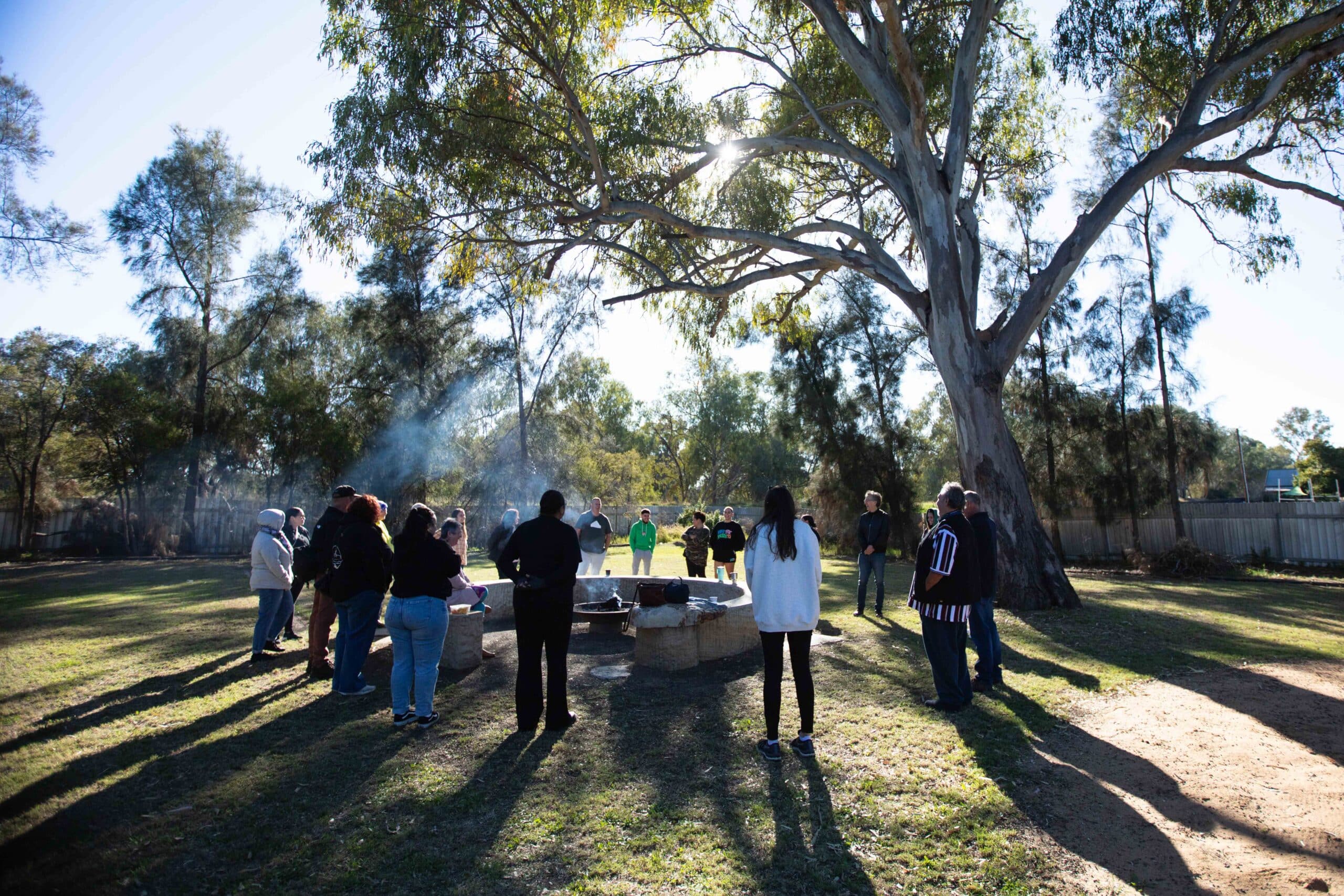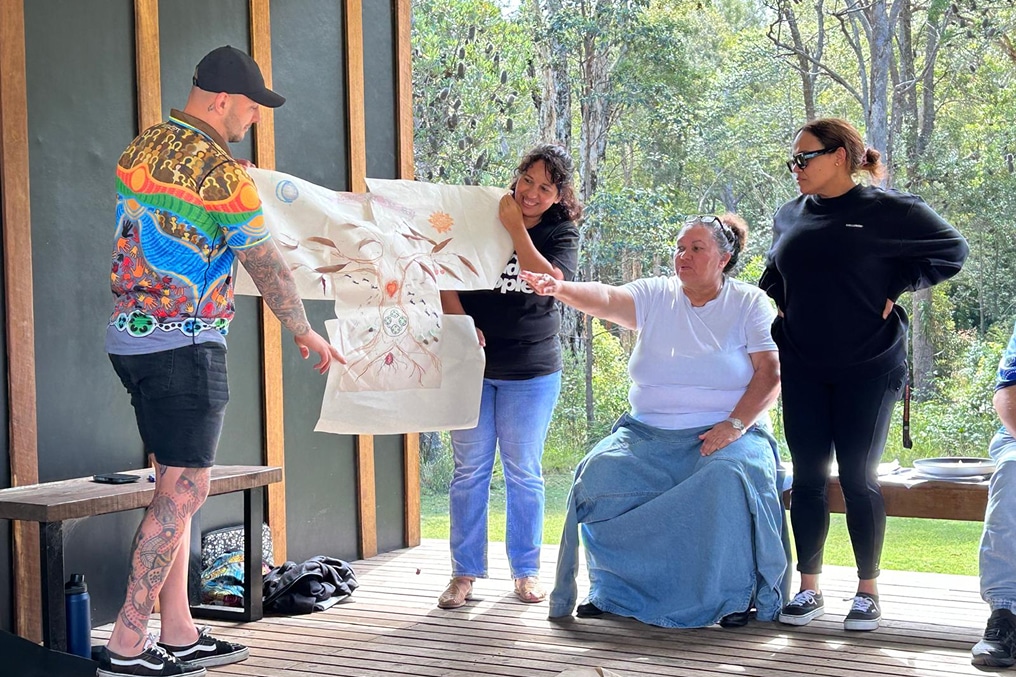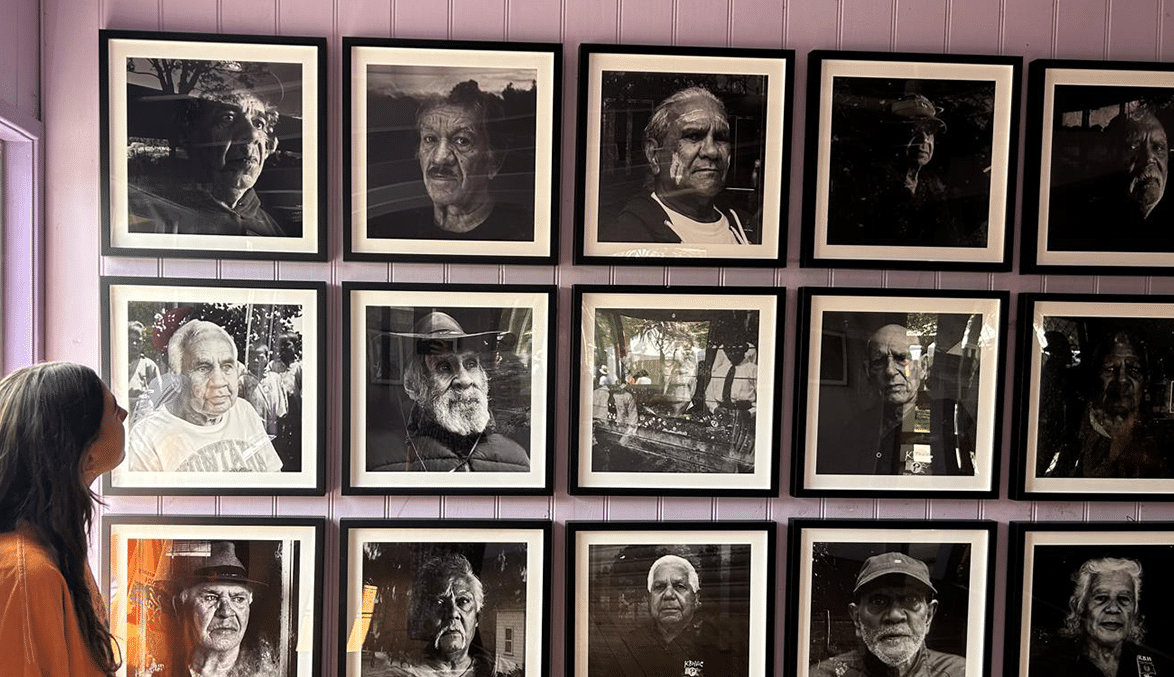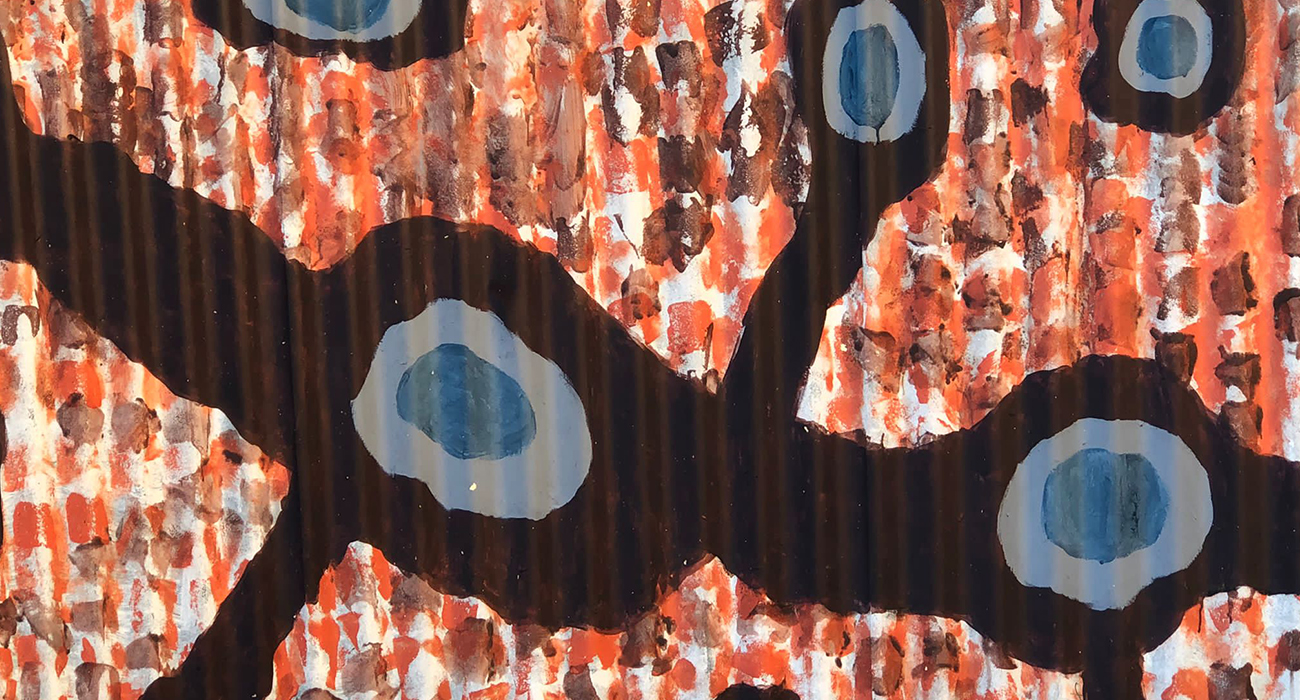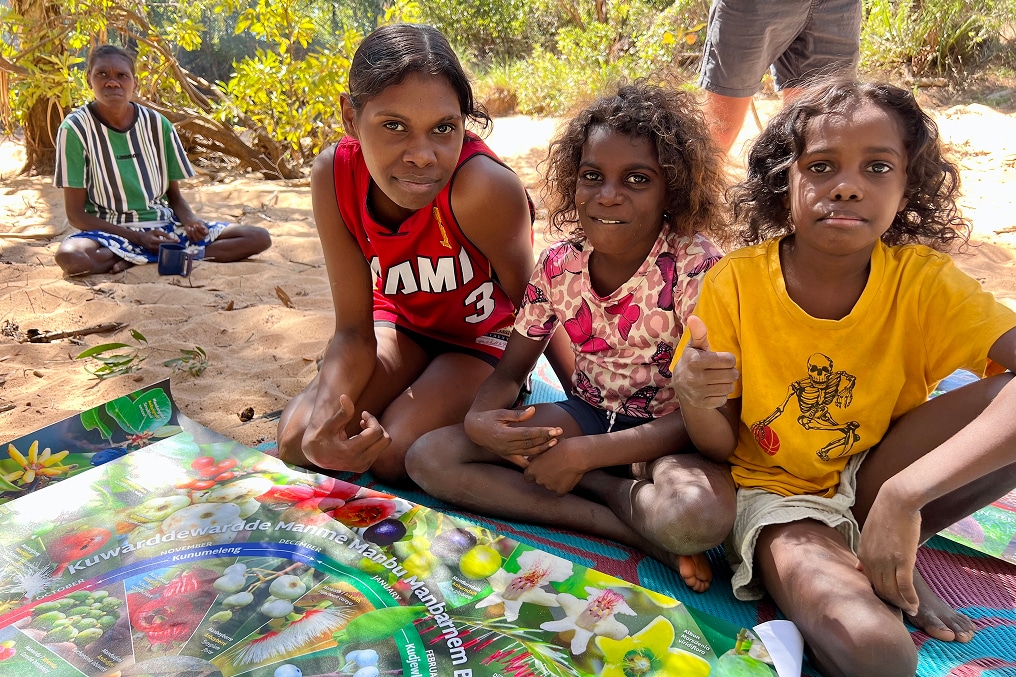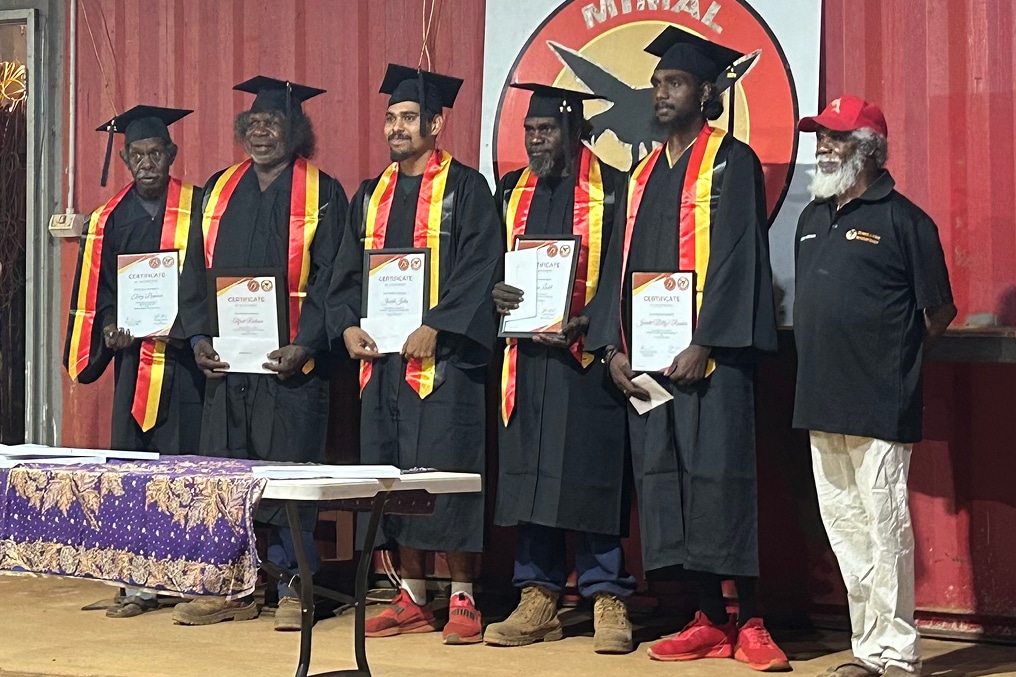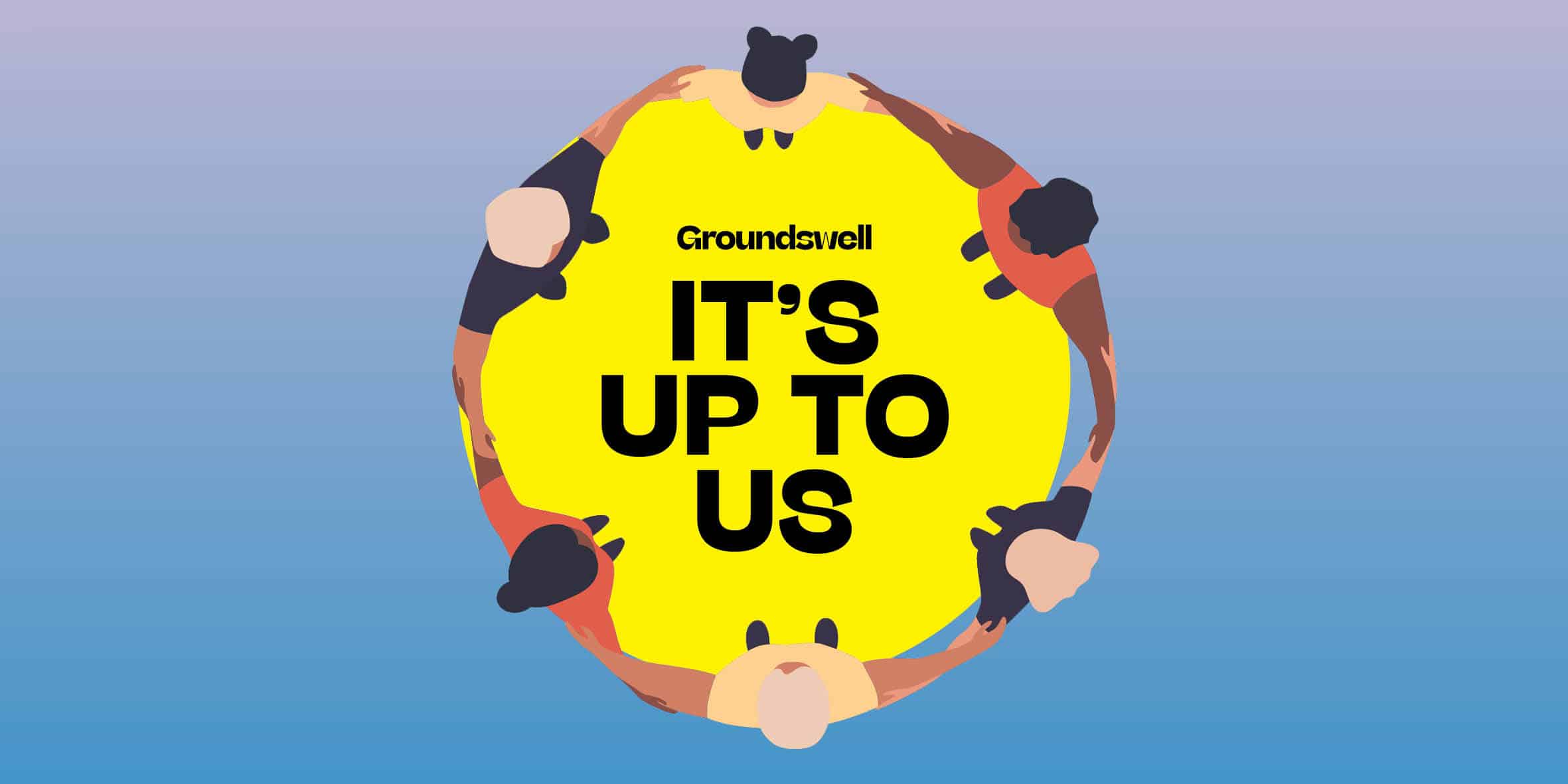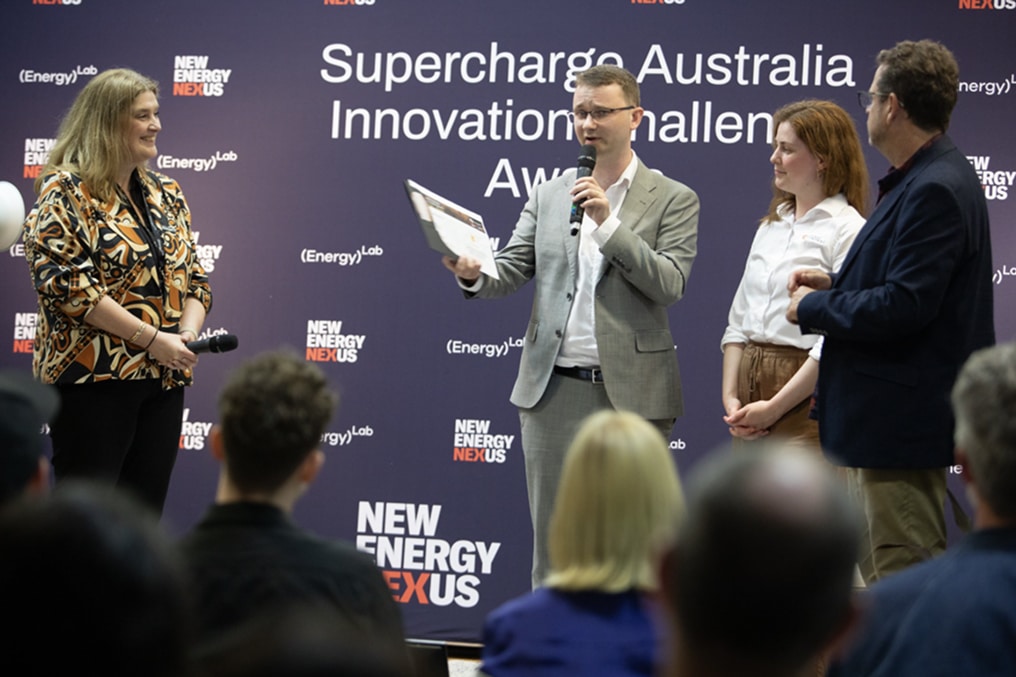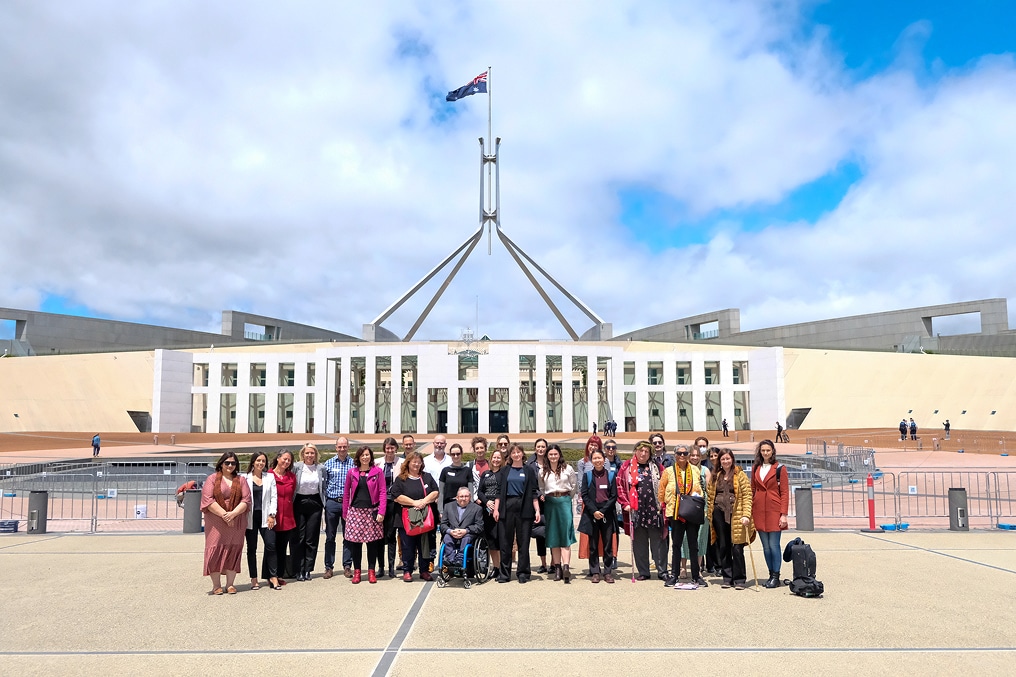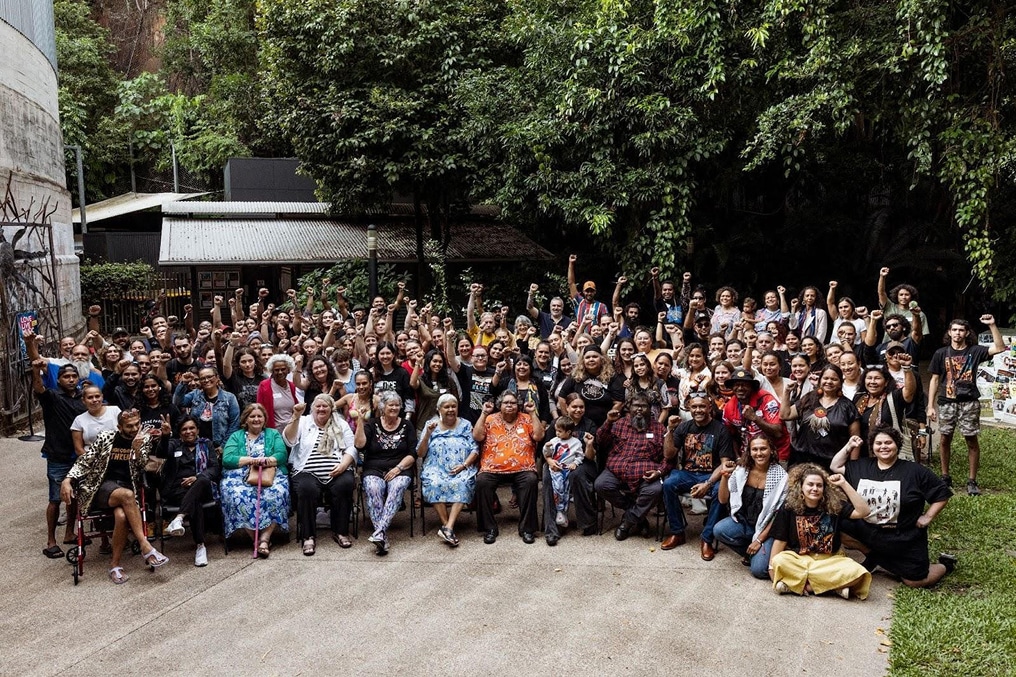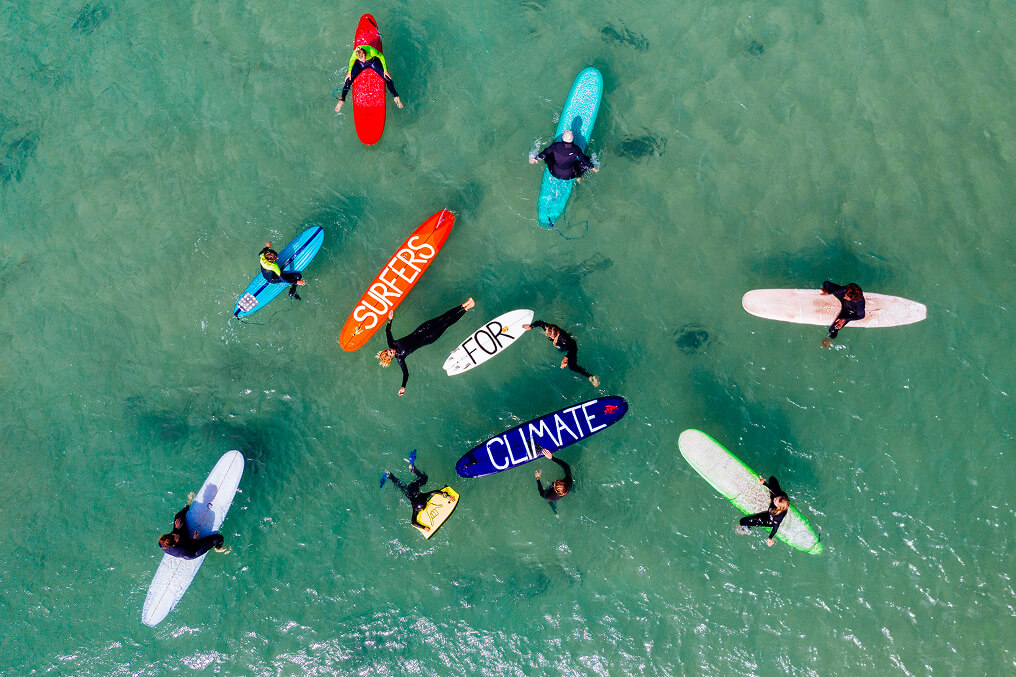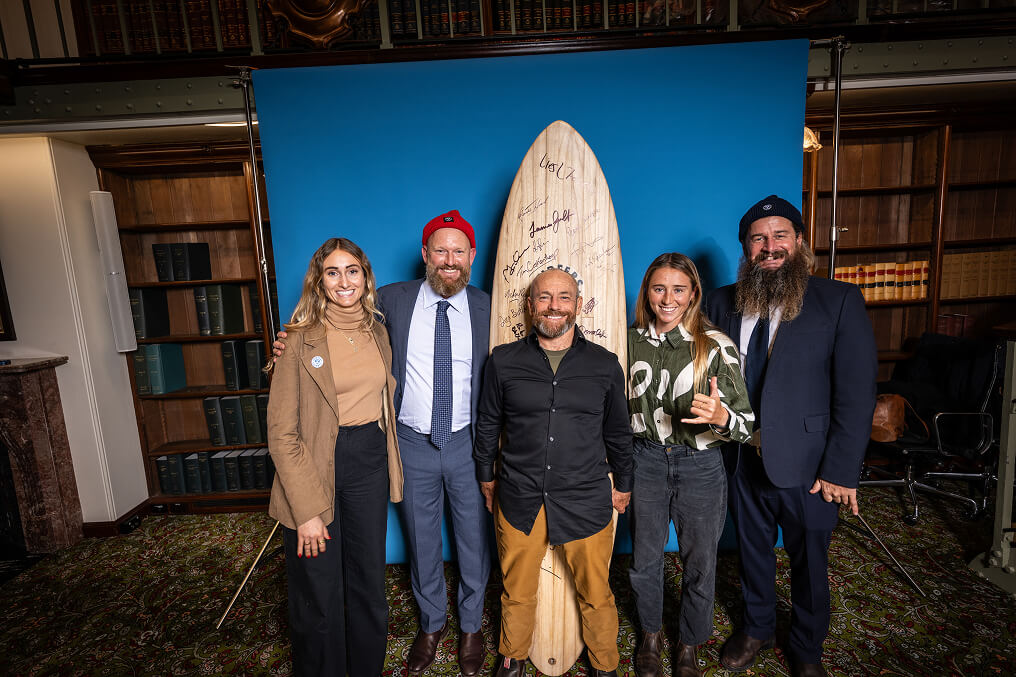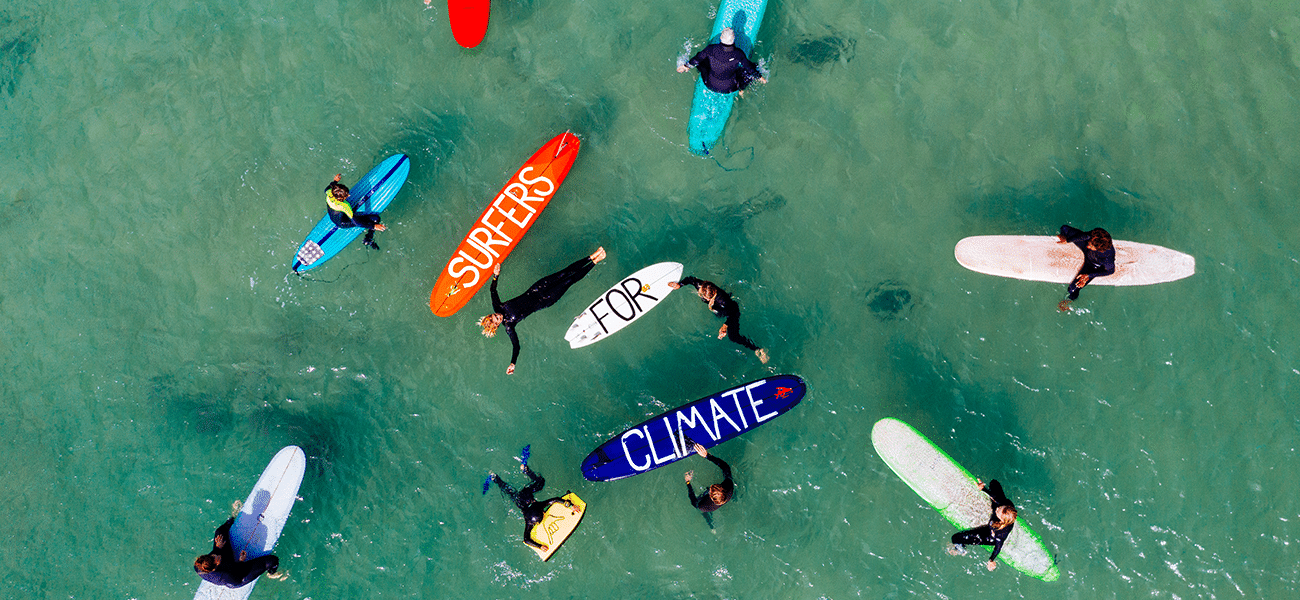Participating groups and organisations included Yaegl Elders, Maclean High School, Yaegl and Bundjalung community representatives, Ngulingah Aboriginal Land Council, Jali Aboriginal Land Council, Firesticks, Upper Coldstream Projects, Fat Kangaroo and of course, the NCC.
Around 40 participants camped at a tranquil riverside location to learn how to make fire using traditional methods. They also shared experiences about cultural values and their inherent links to the natural environment.
Yaegl Elders Uncle Ron and Auntie’s Rose and Carm gave an emotional Welcome to Country. Uncle Ron shared personal stories of his cultural connection to country and his life growing up on Yaegl lands. Students from Maclean High then welcomed participants to the land and cleansed the country of any bad spirits through traditional dance.
Workshop activities explored the ancient worldwide technique of starting fire by friction. The hands-on workshop included learning and reconnecting with these ancient skills while also deepening the group’s knowledge of what the land provides and how to look for it.
The following People-In-Land workshop facilitated by Dr Miles Holmes explored golden threads – international common elements present in the cultural connections of first peoples to their places. Workshop participants explored how these common elements are manifested in Australian land management and how they may be applied to emerging trends in environmental management.
NISEP has engaged with Yaegl Elders in cooperative projects since their inception in 2005. Contributing to bush medicine research, the development of NISEP’s educational programs and to building community networks, the strength of this relationship is testament to the Yaegl Elders’ commitment to preserving and sharing their culture. The continued efforts of Yaegl Elders have in turn inspired others to participate in cultural revival, research and collaboration.
The Fire, Friction and Culture event typifies the NISEP approach providing challenging activities for youth that allow them to experience real, living Aboriginal culture, build their confidence and provide inspiring scientific opportunities.
